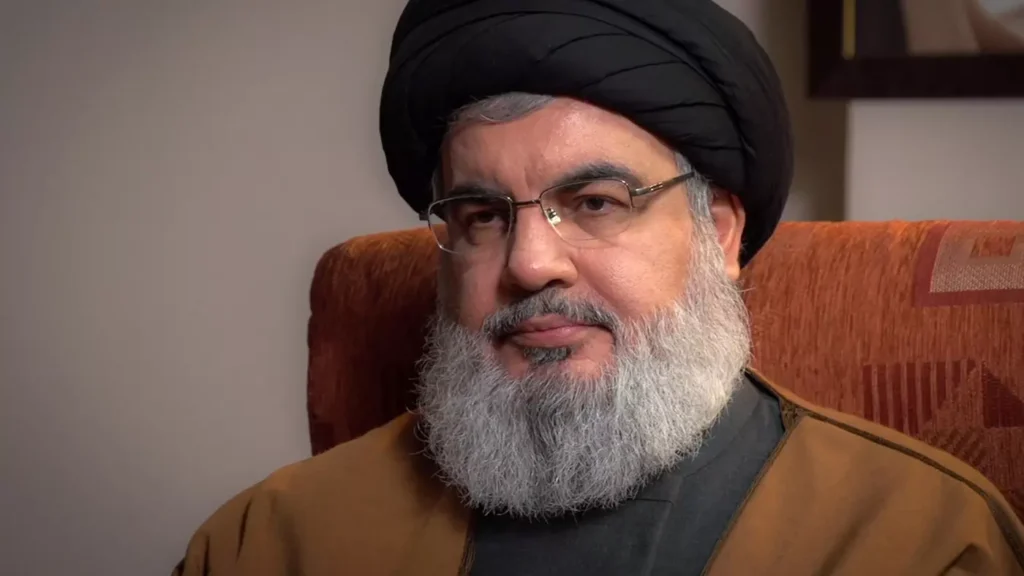- Special Investment Facilitation Council (SIFC):
- Pakistan Sovereign Wealth Fund – PSWF
- Potential Impact on Economy of Pakistan
- Frequently Asked Questions (FAQs)
- 1. What is the main purpose of the Special Investment Facilitation Council (SIFC)?
- 2. How does the Pakistan Sovereign Wealth Fund (PSWF) benefit the economy?
- 3. Which countries are primarily involved in investing through the SIFC?
- 4. What are some key projects under the SIFC initiative?
- 5. How will these initiatives impact the average Pakistani citizen?
- 6. What challenges could hinder the success of the SIFC and PSWF?
In recent times, Pakistan was going through a lot of developments that would revive its economy. In this regard, the terms “28 projects worth $28 billion”, “Special Investment Facilitation Council (SIFC)”, and “Pakistan Sovereign Wealth Fund (PSWF)” are getting flashpoints in the economic arena. This article will discuss such initiatives, their significance, and what role they have the potential to play in shaping economic prospects for the future of Pakistan.
Special Investment Facilitation Council (SIFC):
What is SIFC?
The SIFC is a strategic body, established in June 2023 by the Government of Pakistan, to facilitate and promote foreign direct investments into the country for its economic growth. Being fully cognizant of the need for long-term strategy, given the dire need to uplift its economy, Pakistan has been targeting its economic integration with engagement from other nations, in particular those that come from the GCC, within the country’s development process.
Objectives of the SIFC
Smoothen the investment procedures: reduce bureaucratic difficulties to attract foreign investors.
FDI Attraction: Promote investments in strategic sectors such as energy, agriculture, mining, and technology.
Public-Private Cooperation: Encourage collaboration between government, military, and private sector leaders for consistent economic policy.
Overview of Key Projects Under SIFC
$10 Billion Oil Refinery by Saudi Aramco
Importance: The project will make up for the deficiencies in Pakistan’s lube refining capacity and reduce its dependence on imported refined fuels.
Impact: Improves energy security and could hold down fuel prices during the coming decade.
Corporate Farming Initiatives:
Cholistan Region: 10,000 acres of agriculture land developmental works extendable up to 85,000 acres.
Objective: Enhancing productivity, modernizing farming approaches, and food safety.
Dairy and Camel Farms:
Projects: Creation of large-scale cattle farms; creation of camel farms that accommodate over 10,000 camels.
Benefits: This contributes to diversification in agriculture, but a lucrative niche would be camel milk and meat.
Technology and Knowledge Parks:
It is established to promote Innovation, Research, and Development in the area of IT and other related areas.
Outcome: Puts Pakistan on the lead map as a technology hub, providing employment.
Renewable Energy Projects:
Solar and hydroelectric power technical projects.
It adjusts energy shortages and promotes sustainable development.
Diamer-Bhasha Dam: The plan is to increase 4,500 MW of electricity and store 8.1 million acre-feet of water.
Reko Diq Project: Development of one of the world’s largest, as-yet-undeveloped deposits of copper and gold at Balochistan.
Current status: This has been revived under SIFC after it stalled due to legal and financial challenges.
GCC Countries Collaboration
Saudi Arabia and UAE: Strong diplomatic relations pay off by drawing investment.
28 Projects Worth $28 Billion: Agreements and MOUs Signed Across Sectors.
Strategic Significance: It enhances latent regional cooperation and places Pakistan as a pivotal player in South Asia.
Pakistan Sovereign Wealth Fund – PSWF
A sovereign wealth fund is a state-owned investment fund comprising assets, stocks, bonds, real estate, or other financial instruments, funded through foreign exchange assets. Countries such as Norway, Saudi Arabia, and the UAE have built those funds by leveraging revenues from natural resources and have become among the biggest or most successful users of SWFs, investing worldwide.
The Pakistan Sovereign Wealth Fund
Formed by the caretaker government of Pakistan in August 2023, the PSWF intends to:
Asset Management- Enhancing the Performance of State-owned Enterprises.
Attract foreign investment by granting stakes to international investors so that they pump in capital.
Economically Diversify: Invest in diversified sectors that will bring in sustained streams of revenue.
Key Features of the PSWF
Initial Valuation: Approximately 2.3 trillion Pakistani Rupees (~10 billion USD).
Seed assets: stake in seven strategic SOEs, including
Public Sector Oil and Gas Development Company Limited (OGDCL)
Pakistan Petroleum Limited, commonly called PPL
NBP National Bank of Pakistan
Government Holdings Private Limited – GHPL
Pakistan Development Fund Limited (PDFL)
The Neelum-Jhelum Hydropower Company
Pakistan Mineral Development Corporation (PMDC)
Investment Strategy:
Diversification: investment in energy, mining, real estate and technology sectors.
Privatization: Efficiency gain maximise by privatizing the loss-making entities.
Foreign Stakeholders: Offer 10-15% stakes to Abu Dhabi Investment Authority along with others.
Possible Benefits
The economic stability will cushion the economy from any other shock and generate additional revenue.
Debt Reduction: Eliminates reliance on foreign borrowing and international financial institutions.
Economic Growth: Funds can be reinvested into infrastructure, education, and health.
Potential Impact on Economy of Pakistan
ECONOMIC REVITALIZATION SIFC and PSWF are fairly well-placed to play the lead roles in the revival of the Pakistan economy.
Attract foreign capital as inflows from GCC countries will enhance foreign exchange reserves.
Infrastructure development: Financing of key projects, particularly the ones held up due to lack of funds. Aiding Employment: A number of projects and programs initiated in different fields are bound to bring gainful employment opportunities.
Challenges and Considerations
Implementation Risk There needs to be effective implementation with transparency; likewise, good governance demands skilled management.
Political Stability: Very significant about this is the continued political will and civil-military institutional cooperation.
Global Economic Conditions: Trends and developments in global markets may have an effect on capital mobility and project viability.
A Long-Term Perspective
If managed effectively, these initiatives could:
- Transform Economic Landscape: Diversify the economy and reduce dependence on traditional sectors.
- Enhance Regional Standing: Position Pakistan as a favorable investment destination in South Asia.
- Improve Living Standards: Economic growth can lead to better public services and quality of life.
Frequently Asked Questions (FAQs)
1. What is the main purpose of the Special Investment Facilitation Council (SIFC)?
The SIFC aims to attract foreign direct investment by streamlining processes, reducing bureaucratic hurdles, and promoting collaboration between government entities and the private sector to boost economic growth.
2. How does the Pakistan Sovereign Wealth Fund (PSWF) benefit the economy?
The PSWF manages state assets to generate revenue, attract foreign investment, and invest in diversified sectors, thereby providing economic stability, reducing debt reliance, and fostering growth.
3. Which countries are primarily involved in investing through the SIFC?
The primary focus is on Gulf Cooperation Council (GCC) countries, especially Saudi Arabia and the United Arab Emirates (UAE).
4. What are some key projects under the SIFC initiative?
Notable projects include a $10 billion oil refinery by Saudi Aramco, corporate farming in the Cholistan region, renewable energy projects, and the revival of the Diamer-Bhasha Dam and Reko Diq mining project.
5. How will these initiatives impact the average Pakistani citizen?
These initiatives are expected to create jobs, stabilize fuel and energy prices, improve infrastructure, and enhance public services, thereby improving the overall quality of life.
6. What challenges could hinder the success of the SIFC and PSWF?
Challenges include execution risks, political instability, potential bureaucratic delays, and global economic fluctuations that could affect investment and project implementation.





Well Researched 💯